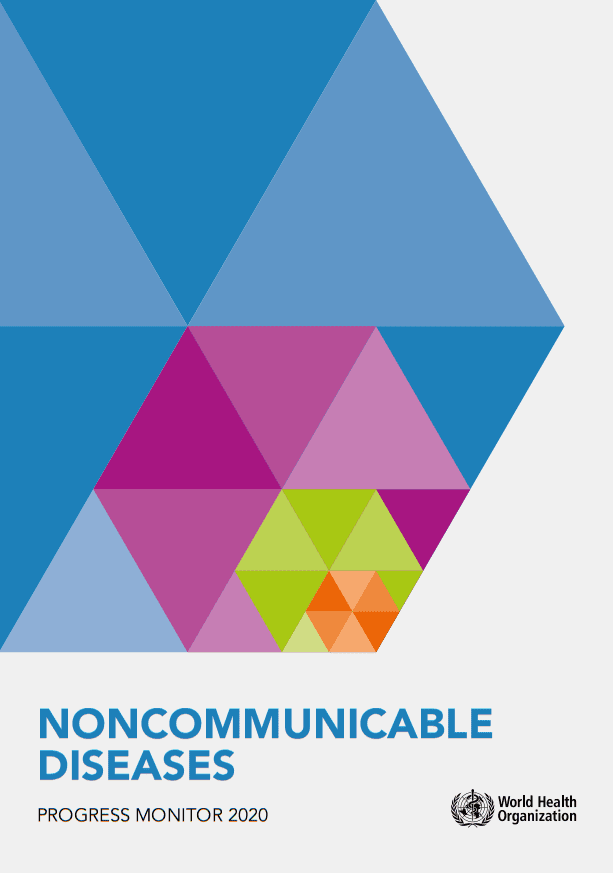WHO: NCDs Progress Monitor 2020
World leaders committed to reduce premature deaths from non-communicable diseases (NCDs) by one-third by 2030.
With 10 years to go to achieve the 33% reduction target the World Health Organization (WHO) has published a new NCDs Progress Monitor to provide a picture of the current state of NCDs prevention and control.
Over 70% of global deaths are caused by NCDs. Alcohol use is among the 5 main risk factors for NCDs, along with tobacco smoking, unhealthy diet, lack of physical exercise and air pollution.
In May 2015 the World Health Organization published a Technical Note on how WHO will report in 2017 to the United Nations General Assembly on the progress achieved in the implementation of national commitments included in the 2011 UN Political Declaration and the 2014 UN Outcome Document on NCDs. The Technical Note was updated in September 2017 to ensure alignment with the updated set of WHO ‘best-buys’ and other recommended interventions for the prevention and control of NCDs which were endorsed by the World Health Assembly in May 2017.
The third in a series, the 2020 Progress Monitor provides data on the 19 indicators detailed in the Technical Note for all of WHO’s 194 Member States.
The indicators include:
- Setting time-bound targets to reduce NCD deaths;
- Developing all-of-government policies to address NCDs;
- Implementing key tobacco demand reduction measures, measures to reduce alcohol harm and unhealthy diets and promote physical activity; and
- Strengthening health systems through primary health care and universal health coverage.
Data from 194 countries highlights that there are only 2 indicators out of 10 that half of all countries are fully meeting. This is a grim sign, and this decade is critical to advance the work on NCDs in all countries,” wrote Dr. Tedros Adhanom Ghebreyesus, Director General of WHO, as per, WHO.
In the foreword, Dr. Tedros also stresses on the importance of implementing the 16 WHO best buys, which are practical and cost effective measures that can be delivered at the primary level to reduce NCDs. It is estimated every dollar invested in the best buys will yield a return of at least seven dollars. If implemented globally, they will save 10 million lives by 2025, and prevent 17 million strokes and heart attacks by 2030.
In fact, the alcohol policy best buys would even yield a return of more than $9 for every $1 invested.
We have all the pieces to save lives we just have to put them into place. The question is, will we?
It’s a question we must answer with the decisions we make today, and every day,” wrote Dr. Tedros Adhanom Ghebreyesus, Director General of WHO, as per, WHO.
—
For further reading:
From the science hub
Evaluation Of Research On WHO ‘Best Buys’ NCDs Interventions
From the policy newsfeed
Alcohol Policy Best Buys Top Investments For Health, Economy

